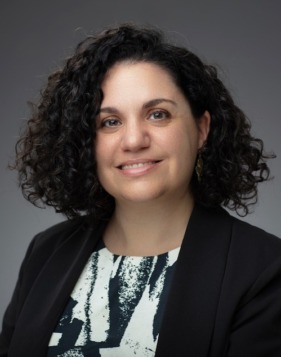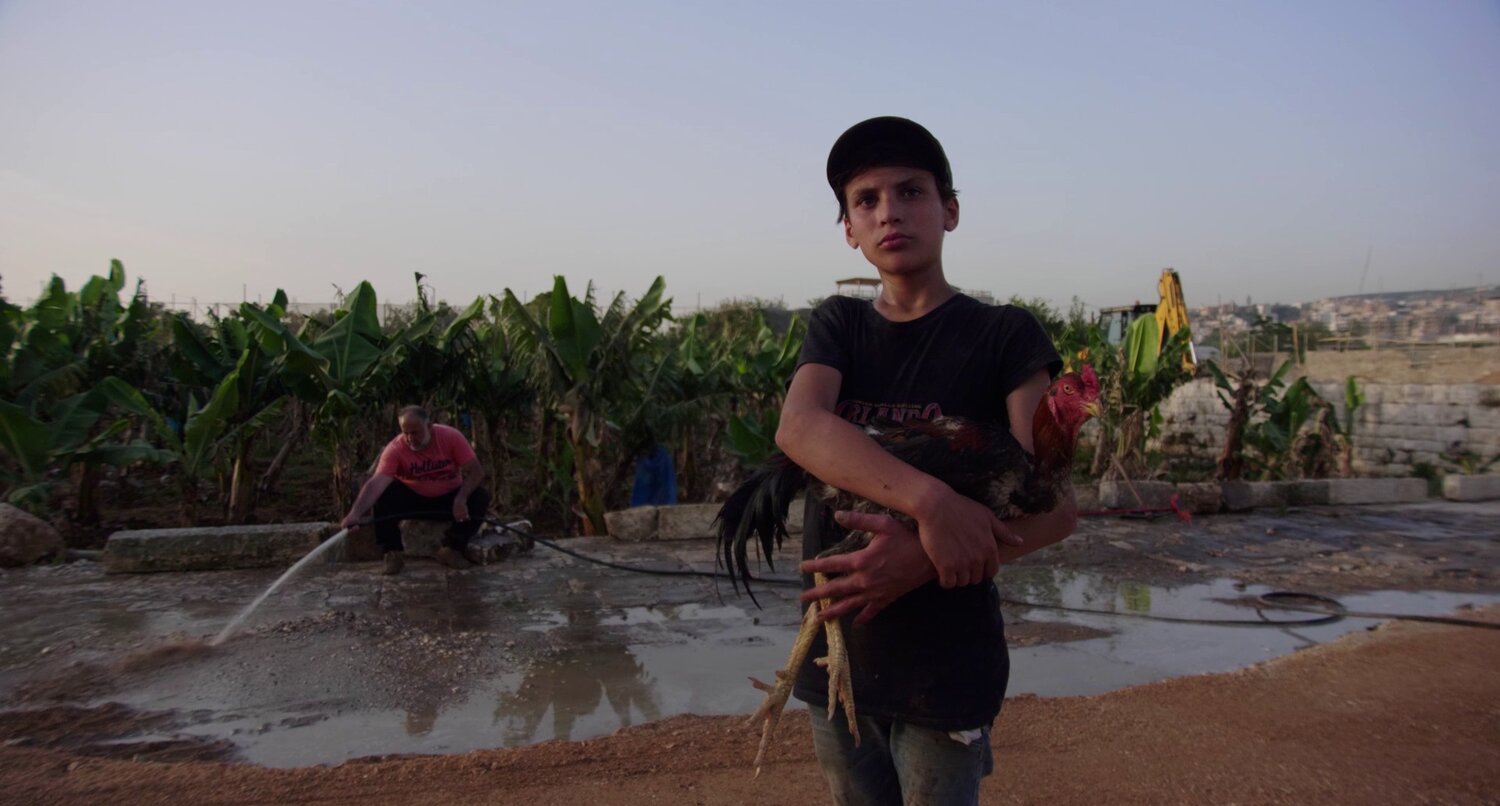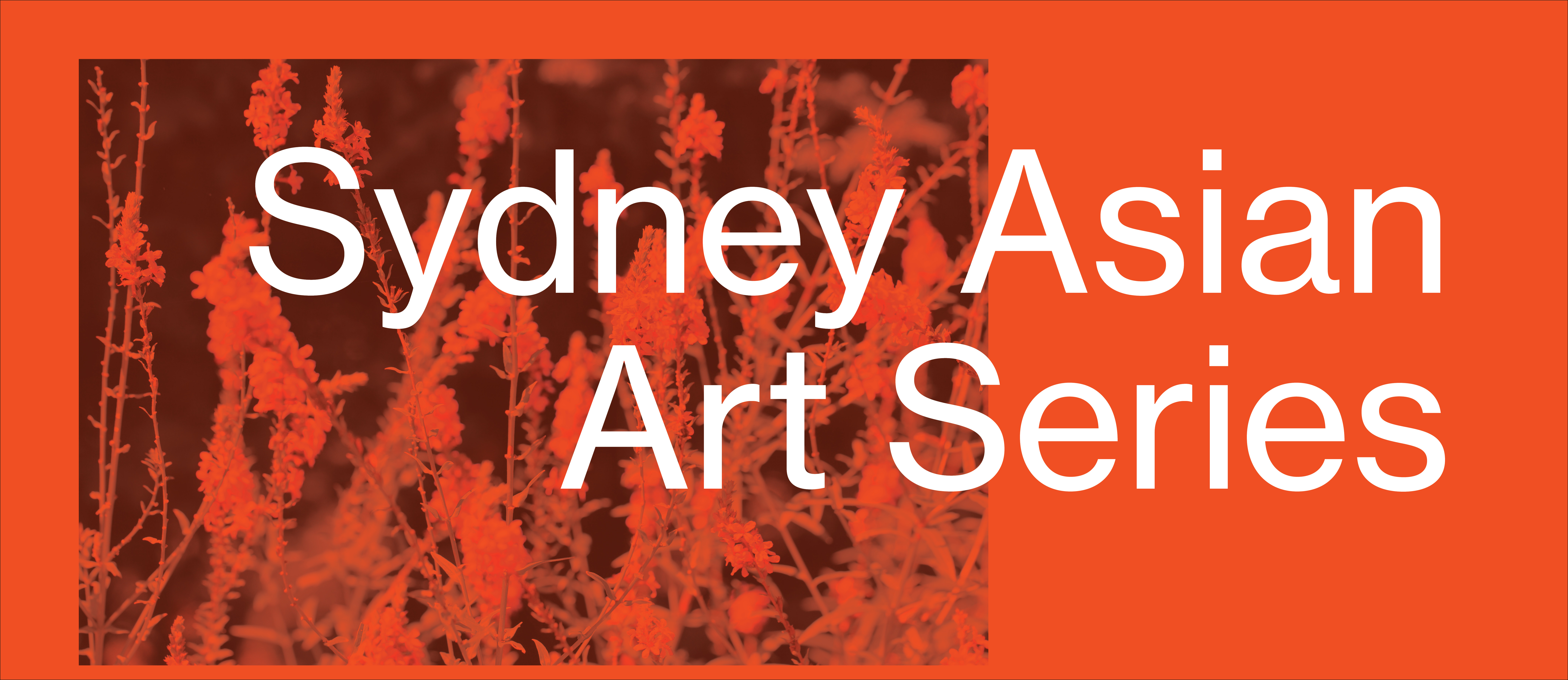Authenticity & Preservation Revisited: Marginalized Practices in the Islamic Manuscript Tradition
Art historian Hala Auji presents her recent research on Qur'an manuscripts from South and Southeast Asia, and the challenges they pose to conventional understandings of sacrality and authenticity in Islamic art studies.
Opening pages from a monumental Qur'an manuscript, produced circa late 20th century, from the Toubia and Letitia Hachem Rare Book Collection, American University of Beirut (AUB). Image courtesy of AUB Library/Archives.
This talk advocates for a broader approach to Islamic art collections, moving beyond the traditional concerns of authenticity, provenance, and preservation. It emphasizes the need to recognize and engage with understudied production and devotional practices. By examining unconventional contemporary Qur’an manuscripts from South and Southeast Asia housed in West Asian collections, I will explore how scholars and curators can challenge conventional approaches to these materials. Focusing on examples from the Toubia and Letitia Hachem Rare Book Collection at the American University of Beirut (Lebanon) and the Sikander Museum in Dubai (UAE), I will discuss Qur’ans that deviate from conventional norms of production, materials, and aesthetics. These collections prompt a reevaluation of what constitutes sacrality and authenticity in Islamic art studies, urging a reconsideration of how we value, categorize, exhibit, study, and preserve religious artifacts.
By exploring these atypical Qur’ans—often lacking clear provenance and made with everyday materials—I will show how they challenge established taxonomies and aesthetic judgments. These manuscripts, created by anonymous artisans, highlight the necessity of including such objects in the broader narrative of Islamic art. Their unique materiality, incorporating palm fronds, falsely aged paper, highlighter markers, oil pastels, and felt-tip pens, invites a multisensory, embodied experience that encourages us to rethink traditional conceptions of the sacred. This expanded approach to care, which goes beyond preservation, underscores the importance of engaging with marginalized practices in contemporary societies. By doing so, it fosters a more inclusive narrative that reflects the diverse ways the Qur’an is engaged with and revered today.
Series convened by Olivier Krischer and Peyvand Firouzeh, and co-presented by the Power Institute and VisAsia at the Art Gallery of NSW.
People

Hala Auji
Hala Auji is an associate professor of art history and the Hamad bin Khalifa Endowed Chair of Islamic Art at Virginia Commonwealth University, Richmond. Her research focuses on transcultural modernity, print culture, and photography in Eastern Mediterranean communities during the long nineteenth century. With a background in graphic design, art criticism, and art history, Auji examines intersections between art, design history, and comparative literature, particularly in relation to Islamic and Middle Eastern art. She is the author of Printing Arab Modernity: Book Culture and the American Press in Nineteenth-Century Beirut (Brill, 2016) and co-editor of The Arab Nahda as Popular Entertainment: Mass Culture and Modernity in the Middle East (Bloomsbury, 2023) and Islamic Art History and the Global Turn: Theory, Method, Practice, part of the Biennial Hamad bin Khalifa Symposium on Islamic Art Series (Yale, forthcoming). Her current book project investigates printed portraiture in Ottoman provincial cities. Auji also co-chairs the Biennial Hamad bin Khalifa Symposium on Islamic Art.


